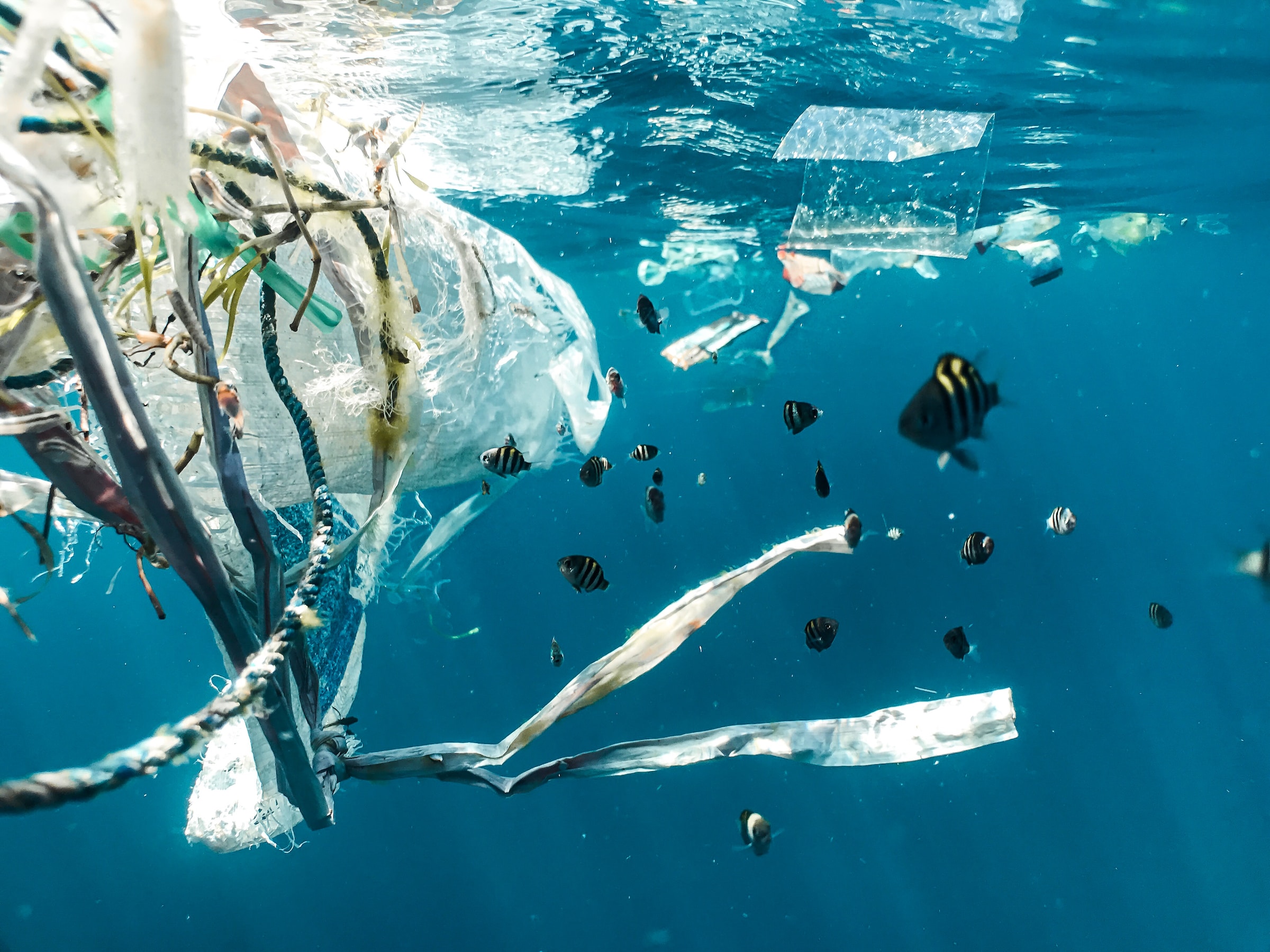
“Wasteland” – Unraveling the Global North’s Waste Crisis and the Urgency to Act
The striking statistics from “Wasteland” immediately capture our attention: by 2050, we could be looking at an additional 1.3 billion tonnes of waste each year. Contrary to the popular belief of a progressively sustainable future, the book paints a picture of a world moving in the opposite direction.
A Mirror to Society
“Waste is monstrous to look at because it is a mirror,” writes the author, Oliver Franklin-Wallis. This sentiment perfectly encapsulates the prevailing theme of the book. Our waste reflects our excesses and failures, and the enormous challenge we face in addressing its implications.
The History of Waste
“Wasteland” offers readers a fascinating journey through history, revealing how past innovators addressed waste challenges. The story of London’s sewer system, orchestrated by Victorian engineer Joseph Bazalgette, stands out. This monumental effort not only drastically improved public health but underscored the role of effective waste management. However, the sobering reality remains that billions globally still lack access to modern sanitation.
The Blame Game
A particularly perturbing segment in the book delves into the corporate strategy of redirecting waste blame towards consumers. By the 1950s, with waste becoming more visible, companies like PepsiCo and Coca-Cola launched campaigns to place the responsibility of garbage on the individual, sidestepping their role in the crisis. A clear indication that while “greenwashing” might seem like a contemporary issue, its roots are deep-seated.
Toxic Colonialism: The Dark Side of Waste
One recurring theme is the alarming trend of waste migration from the Global North to the Global South. Wallis terms this “toxic colonialism”. This involves affluent nations exporting their waste to countries ill-equipped to process it, resulting in environmental and societal issues for these already burdened regions. The vivid description of the white man’s textile waste overwhelming Accra’s Kantamanto market stands as a damning indictment of this exploitation.

Seeking Solutions: Are EPR Funds the Key?
The concept of Extended Producer Responsibility (EPR) funds emerges as a potential solution. EPR mandates producers to bear the waste management cost of their products throughout their lifecycle. The book spotlights a notable $50 million EPR agreement between the fast-fashion behemoth, Shein, and the NGO, Or Foundation. Wallis’s take on this is ambivalent. While he acknowledges the potential benefits for waste management in Accra, he also questions the sustainability and legitimacy of such ad-hoc arrangements.
A Call to Responsibility
Wallis’s core message is clear: corporations, especially those from the Global North, need to take responsibility for their waste. He stresses the need to go beyond mere gestures in home countries and actively address the global ramifications of their waste.
In Conclusion
“Wasteland” is more than just a book. It’s a clarion call, urging us to face the mounting waste crisis head-on. It emphasizes the intertwined nature of consumption, waste, and global inequality, underscoring the need for comprehensive solutions. The future may appear grim, but with awareness, accountability, and collective action, a sustainable path forward remains within reach.
©eco-guardians.org